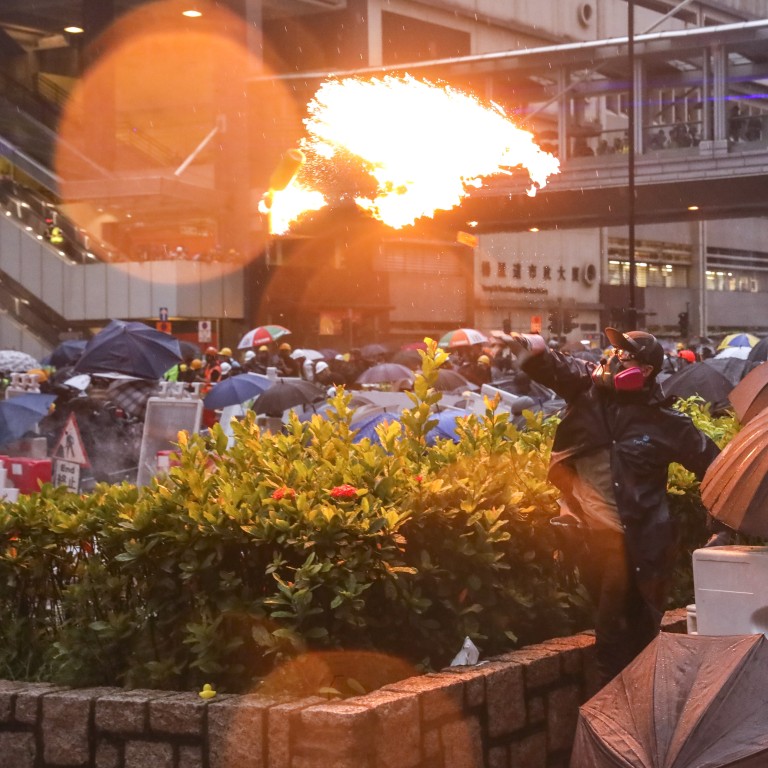
To Beijing, the Hong Kong protest unrest is now a threat on a national level
- The unrest must stop. This is no longer just about Hong Kong but a matter of China’s national sovereignty and security. For Hongkongers to ignore Beijing’s messages or shrug them off is a big mistake
I believe there is a way out of this. But to start on that and move on, we must take a step back and accept that this is not simply about Hong Kong. This has become a national issue.
While we are focusing on the local angle, the central people’s government sees the situation here as a concern for the whole country. Yet, amazingly, a huge number of people and groups in Hong Kong play down, or even ignore, what Beijing has to say.
We should therefore sit up and take notice when Beijing does publicly talk about Hong Kong affairs. And it has done so several times in the past four weeks.
I understand that Hong Kong people are not used to the mainland government spokesmen’s speaking style and rhetoric. But that is most definitely not a reason to ignore these messages.
Whether you agree with that perspective is not the point – the point is we must accept that this is how Beijing sees things
Look at these articles and you will see, over and again, that China’s senior leadership genuinely perceive unrest in Hong Kong as a threat on the national level.
China will never tolerate any challenge to ‘one country, two systems’ bottom line
To use phrases in a recent official commentary, there is no room for activity that might “harm the security of national sovereignty”, “challenge the power of the central government”, and which may be using Hong Kong to “infiltrate and damage the mainland”.
That same article also promises “the harshest legal punishment” to those responsible if such challenges continue.
Many Hongkongers shrug off these phrases. But the messages are clear and are very serious. They show us Beijing’s perspective. Whether you agree with that perspective is not the point – the point is that we must accept that this is how Beijing sees things.
But before that can happen, we should recognise that this is not simply a local, Hong Kong issue. To the central government, the unrest and disorder in our city is a national issue – involving sovereignty, national security and a potential threat to the country as a whole.
Bernard Chan is convenor of Hong Kong’s Executive Council

